In the preparation of your tax return, you must declare your income statements, payment summaries, and receipts. To help you understand the scope of these, we have summarised the necessary information in this tax return guide below for you to check. It is very important to keep the documents relating to these in order to support your claim as outlined in this tax return guide.
These refer to the income you have received from your employer, super fund, or government payments, e.g from DVA (Department of Veterans Affairs) or Centrelink.
These refer to statements from your bank/s manifesting the interest you earn, any fees or charges you have paid during the income year.
These refer to dividends or distributions you’ve received. You must declare/report the dividends you’ve chosen to reinvest as income.
These refer to any assets you bought or sold. You need to calculate your capital gains and losses. You can access these from your online broking account or you can get them from your investment consultant or stockbroker.
These refer to the records of the property you put for rental. What you will be needing is the income and expenses relating to it.
If you use a property manager you will probably get an annual tax statement that details, otherwise you will need to gather details of it such as rental income amounts, interest paid on rental property loans, advertising, body corporate fees, and charges, council rates, water charges, land tax, cleaning, gardening, and lawn mowing, pest control, insurance (building, contents, public liability), interest expenses, property agent’s fees, and commission, income protection insurance, repairs and maintenance, some legal expenses.
These refer to foreign pensions or other foreign income
Private health insurance rebates and medical costs are tax-deductible only if you pay for them out-of-pocket. Moreover, your financial position, along with where you get health insurance from, will play a massive part in settling if the costs will be qualified for tax deductions. If you are qualified for the rebate, you can claim the rebate either through your private health insurance provider, they will apply the rebate to reduce your private health insurance premiums, or when you lodge your tax return as a refundable tax offset.
This only refers if you use your car for work or work in a different location or travel costs relating to work. Travel between home and work, which is generally considered private travel including any personal travel portion of work-related travel cannot be claimed.
This year, face masks and gloves for COVID-19 protection may be deductible. This also refers to uniform, unique and distinctive clothing relating to work. Everyday clothes you bought to wear to work (for example, a suit or black pants), even if your employer requires you to wear them cannot be claimed.
This only refers to gifts or donations to organisations that are endorsed by the ATO as “deductible gift recipients”.
This refers to your computer, phone, or other electronic device and running costs such as an internet service. Again, you can only claim the proportion of expenses that relate to work, not private use. Phone or internet expenses that relate to private use cannot be claimed.
This refers to an interest, account fees, investing magazines and subscriptions, internet access, depreciation on your computer.
This refers to expenses like course fees, student union fees, textbooks, stationery, internet, home office expenses, professional journals, and some travel related to your current job. Self-education expenses where there is no direct connection to your current employment cannot be claimed.
This refers to tools or equipment you bought to help earn your income.
This refers to other deductions including union fees, the cost of managing your tax affairs, income protection insurance (but not if it’s through your super fund), overtime meals, personal super contributions (that is, after-tax), and other expenses incurred in the course of earning an income. Meal expenses, unless you were required to work away from home overnight cannot be claimed.
Remember the three golden rules when claiming all work-related expenses on your tax return.
The quickest and easiest way to check the progress of your tax return is by using ATO self-help services. You can check using the following methods:
If you connect your myGov account to the ATO, you can monitor the progress of your tax return or corrections through your myGov account. To check the progress of your tax return, follow the instructions below:
Select ATO from your Member Services From the Home Page select Manage Tax Returns Then, select the income year you are checking If you don’t have a myGov account, it’s easy to create an account and link it to the ATO.
To check the progress of your tax return in the ATO app, follow the instructions below:
Select your tax return for the financial year
To use ATO’s self-help phone service at any time, follow the guide below:
You or your Profit First Accounting agent can check the progress of your tax return anytime by signing in to ATO online services through myGov or the ATO app.
Most electronically lodged tax returns are processed within two weeks. ATO processes paper tax returns manually and this can take up to 10 weeks. If you’ve received notification that your refund has been processed, remember your refund may take up to five business days to be in your nominated bank account, depending on your financial institution.

4.8 Rating
Building a profitable business is not an overnight success;
it’s a journey of consistent efforts and strategic financial management. In the world of entrepreneurship, profit isn’t just a destination; it’s a perpetual path.
-Mike Michalowicz
Ready to revolutionise your business's financial approach? Join us on a journey to financial success by embracing the Profit First Methodology. Partner with us now and pave the way for a brighter financial future.
Special Offer: Register now for just $98 (normally $330)!
1st Masterclass Session: Thursday, 07 Nov 2024